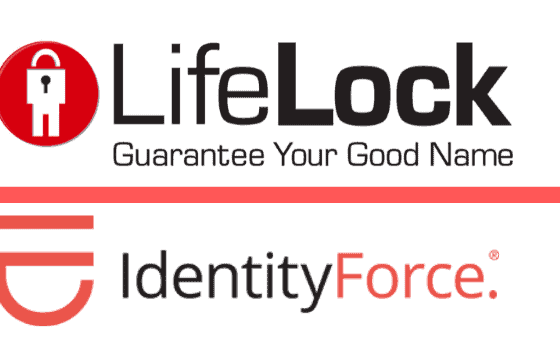It may be a cliché to say at this point, but it still holds true that the only certainties in life are death and taxes. This point is especially relevant if you are considering taking out a life insurance policy. Many people are under the impression that such policies are tax-free. While it is true that pay outs from insurance companies do not generally fall under the same regulations as regular income, it is not quite true to say that they are immune from taxes all together. In fact, taxes could be as high as 40 per cent for some pay outs, therefore it is imperative to know whether or not your policy will be subjected to the taxman once you pass on. Fortunately, there are ways to sidestep the tax issue, but they require careful preparation and research beforehand. We will look at how taxes may affect your insurance pay outs, and how you can go about making sure your loved ones receive all the benefits they are entitled to after your death.
Income Tax
The most common question people have regarding insurance and taxes is whether a pay-out will be subjected to income tax. Fortunately, the answer is a flat out no. Because you have been paying premiums on your policy for (presumably) years, these premium payments are already viewed as a tax on your income. But beware: while income tax may be the tax people are most familiar with, it is not the only one around.
Inheritance Tax
Which brings us to our next point, Inheritance Tax, which is the most common culprit when it comes to a substantial portion of an insurance pay out going towards HM Revenue and Customs. Inheritance Tax applies to all estates valued over £325,000. Unfortunately, your life insurance scheme will be included in the estate, and, even worse, the pay out from it will be subjected to a 40 per cent tax. In other words, your family could be losing nearly half the amount from your insurance policy that they may otherwise be expecting. Furthermore, as the pay out will be included in your estate, it could get tied up in probate, meaning your family will have to wait longer before they can collect their benefits (especially if there is a challenge to the will, which is becoming ever more common in the UK nowadays).
Written in Trust
The really unfortunate aspect of all of this is that none of the insurance policies that are being subject to a tax have to be at all. There are very simple steps you can take to make sure the pay out from your policy is non-taxable (and, yes, these steps are perfectly legal and legitimate). If you believe your policy will be subject to the Inheritance Tax, it is a very good idea to have that policy written in trust. By having a policy written in trust, you separate from your other assets, thus making it exempt from the Inheritance Tax. Rather, the policy will be held in trust by another party (typically a spouse), but will usually still be paid out upon your death. By having a policy written in trust, you also avoid challenges to the inheritance, thus the pay-out can avoid lengthy and costly probate procedures and be given to your family quickly.
At the same time, there are a couple of drawbacks to having a policy written in trust that you need to be aware of beforehand. For one, since the policy is in trust, there may be certain stipulations regarding its pay-out. For example, if the beneficiary is a minor, he or she may not be able to collect on the policy until he or she turns of age. Most importantly, many policies have clauses that forbid writing the policy in trust. As such, before even taking out life insurance, you need to read the details to be sure that you can write it in trust should you need to do so.
When it comes to a life insurance policy, many people assume that such policies are exempt from taxes. While this assumption is certainly true for income tax, it is not true if the deceased is leaving behind a large estate which will be subject to Inheritance Tax. Fortunately, by doing the proper preparations beforehand, you can avoid having an insurance pay out subjected to tax, thus easing the financial burden on your family once you pass on.





